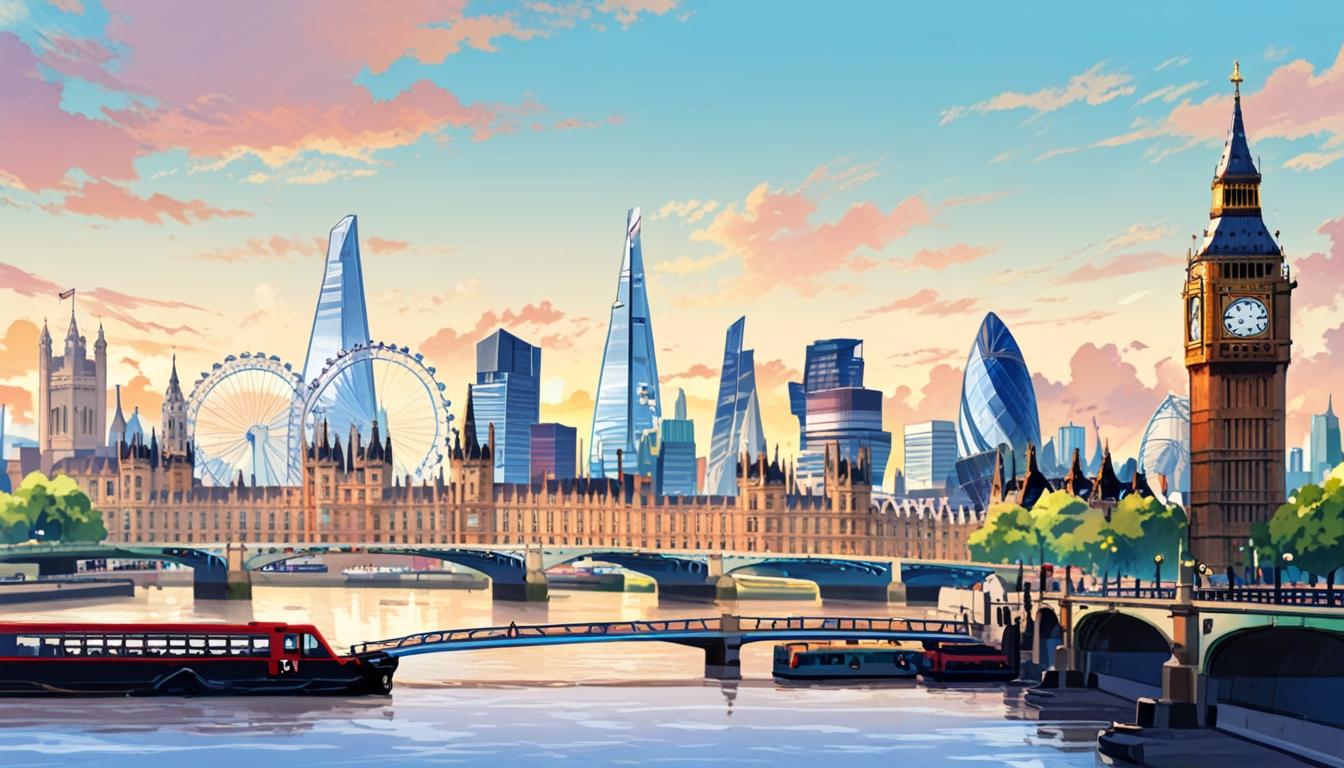Sadiq Khan is set to deliver a stark warning to ministers, urging them to avoid pitting towns against cities as the government prepares for its upcoming spending review. In a critical speech, the Mayor of London will express his dissatisfaction with recent Treasury decisions that seemingly marginalise the capital. Khan argues that investment should not be viewed as a zero-sum game between regions, especially when significant deprivation exists within London's own borders.
During his address, Khan will stress the urgency of addressing poverty in the capital, drawing from his personal experiences growing up on a council estate. "A child blighted by a lack of support and opportunity in Newham or Lewisham is just as deserving as a child born into similar circumstances in Newcastle or Leeds," he plans to say, highlighting the need for equitable resource allocation. He points out that, despite London contributing nearly a quarter of the UK's GDP, it houses some of the country’s poorest communities, and restricting investment could undermine not just the city, but the broader national economy.
The spending review is set against a backdrop of significant unease regarding funding for London. Reports have indicated that essential infrastructure projects, such as the Bakerloo line extension and an expansion of the Docklands Light Railway, might not receive the backing they require. This has raised alarms among Khan's allies, who argue that cuts to economic and anti-poverty funding could exacerbate existing inequalities. Although government aides assert that major approvals have been granted for various projects in London, including expansions at airports and pedestrian initiatives, these assurances do little to alleviate concerns expressed by the mayor and his supporters.
In what Khan describes as a "missed opportunity" for London, he laments that significant investments are being redirected to regional cities while the capital's needs are overlooked. The Chancellor's announcement included £7 billion to boost urban transport in cities outside London, but failed to provide any new financial support for Transport for London (TfL), which has already faced multiple bailouts during the pandemic. Khan has previously insisted that the metropolitan area’s underfunding threatens to hinder recovery efforts not only in London but across the UK, stating that inadequate support would affect local services crucial for pandemic recovery.
Khan's remarks come amid a tragic incident involving Air India flight 171, which crashed en route to Gatwick, likely involving London residents. Consequently, Khan will extend condolences at the outset of his speech, framing his domestic priorities within the context of compassion and unity. As he reflects on his achievements over the past nine years—such as record levels of council housebuilding, the expansion of the free school meals programme, and the successful rollout of the Elizabeth Line—he will argue that appropriate investment can yield substantial returns for the entire country. The mayor points to the Elizabeth Line's impact, generating 55,000 jobs and over 1,000 apprenticeships, as a powerful example of how targeted funding can benefit the national economy.
Finally, Khan's central message is one of collaboration and shared success. He warns against the divisive narrative that positions London’s prosperity as a threat to other regions, asserting instead that it can serve as a catalyst for broader economic growth. "We must never allow ourselves to be drawn into false choices," he will declare, reinforcing the idea that London’s success and investment therein are beneficial not just for the capital, but also for the surrounding regions and the UK as a whole.
📌 Reference Map:
- Paragraph 1 – [1], [4]
- Paragraph 2 – [1], [2], [5]
- Paragraph 3 – [3], [6]
- Paragraph 4 – [4], [5]
- Paragraph 5 – [1], [6]
- Paragraph 6 – [6], [2]
- Paragraph 7 – [1], [4]
Source: Noah Wire Services
